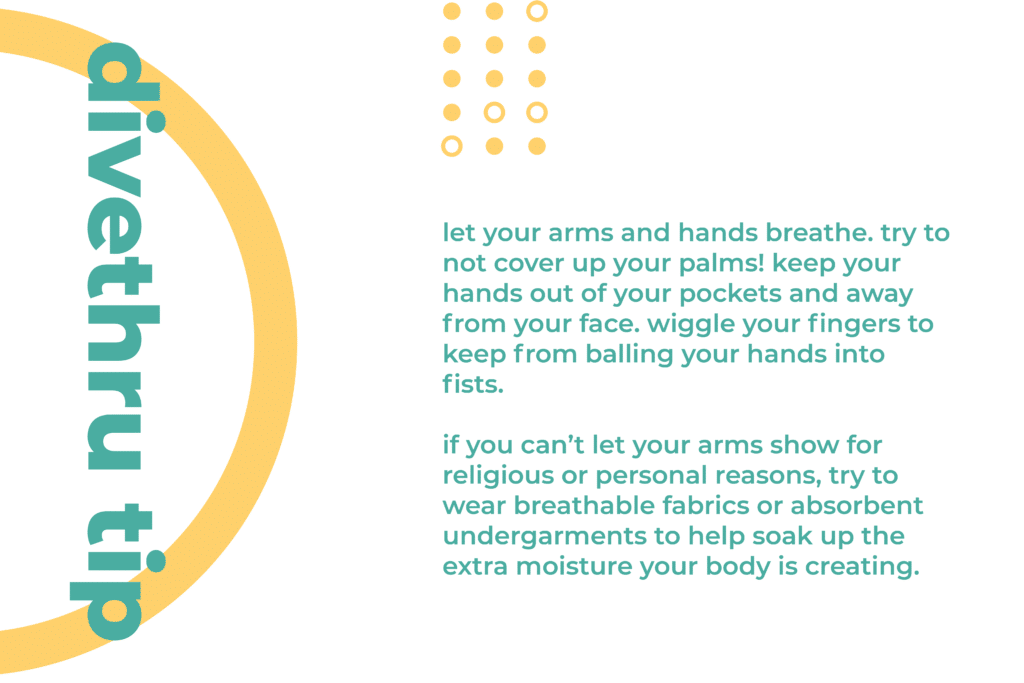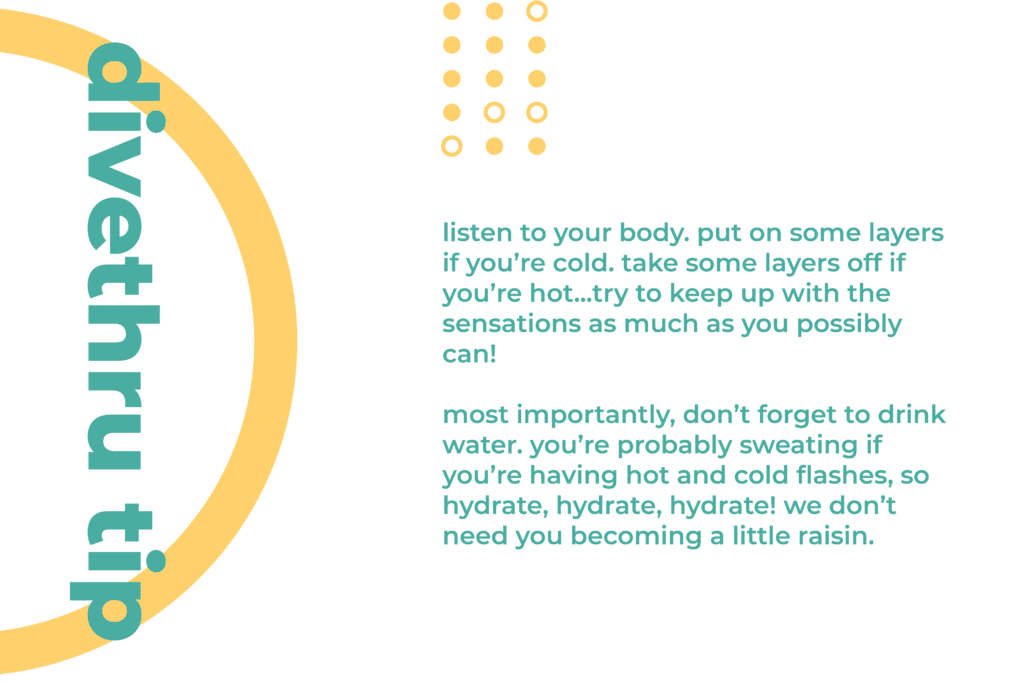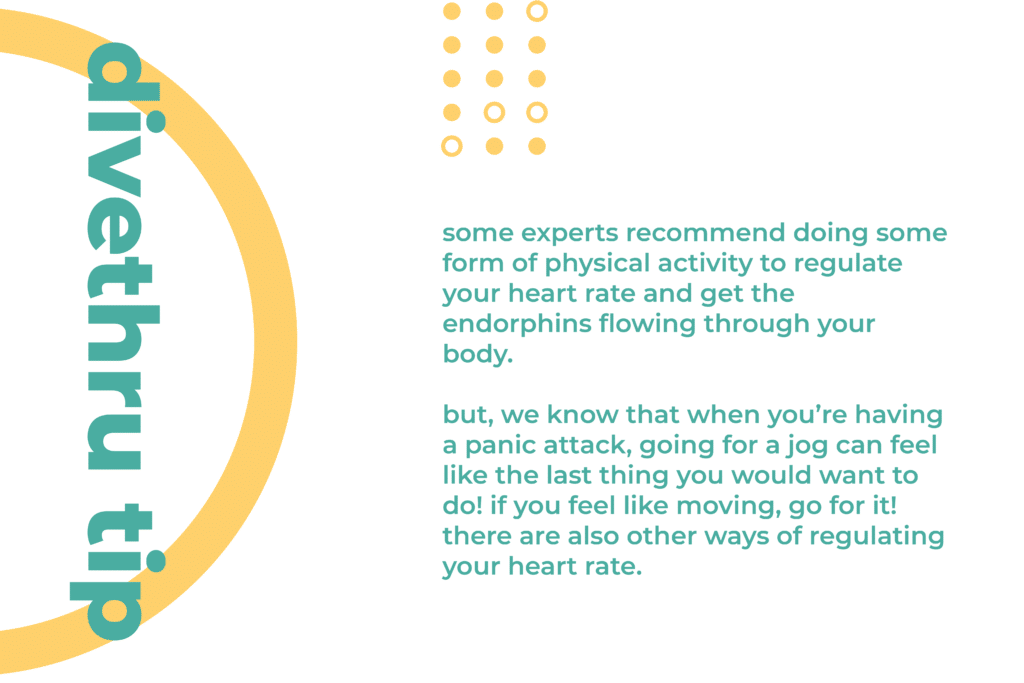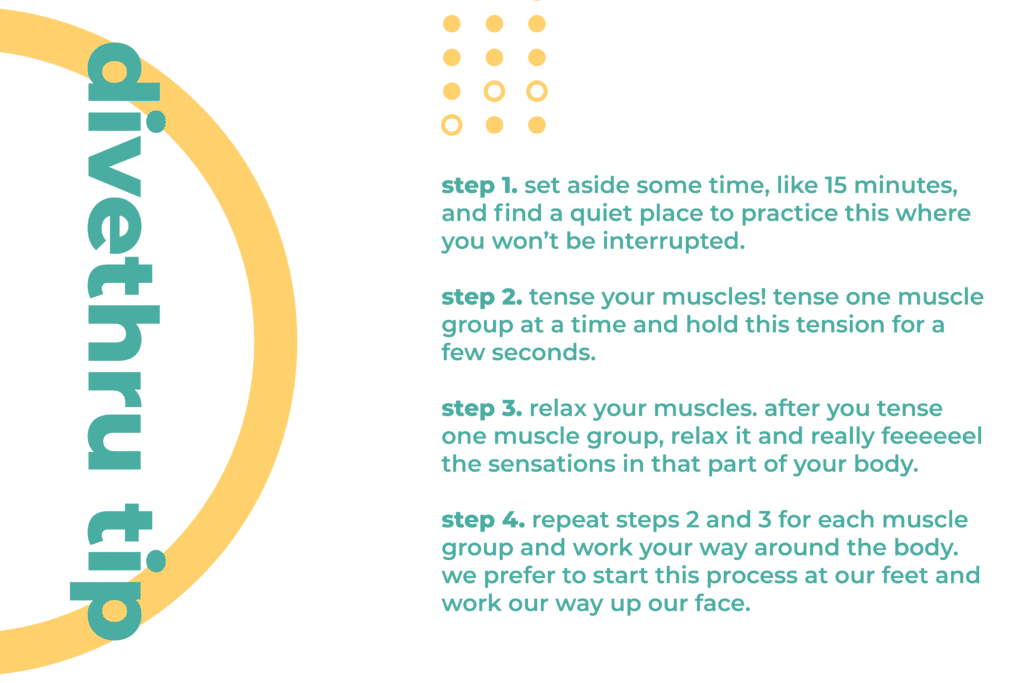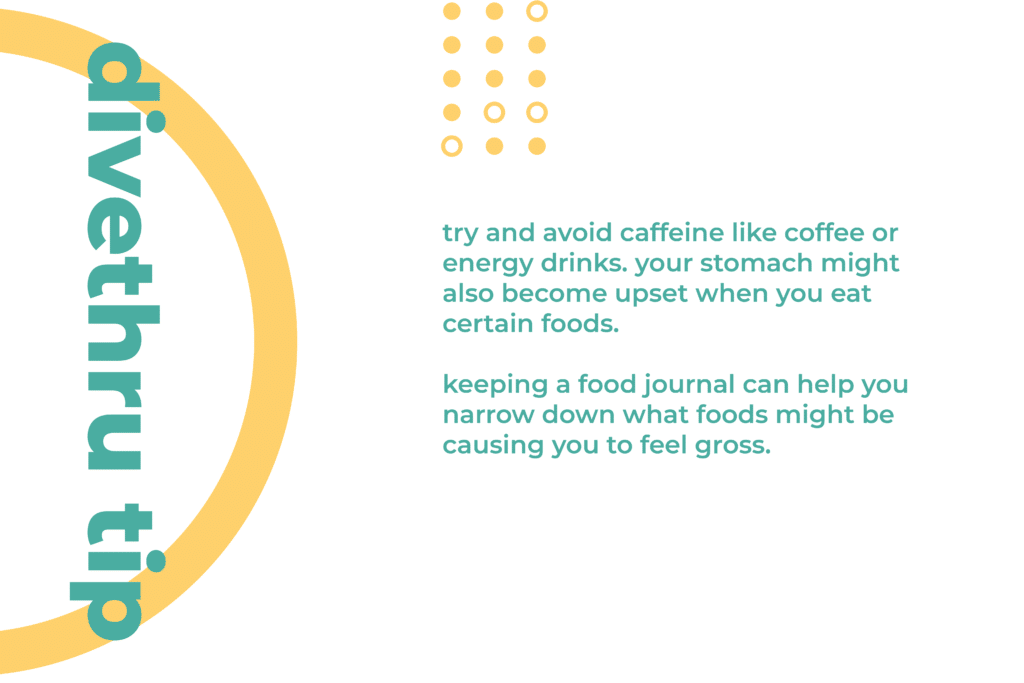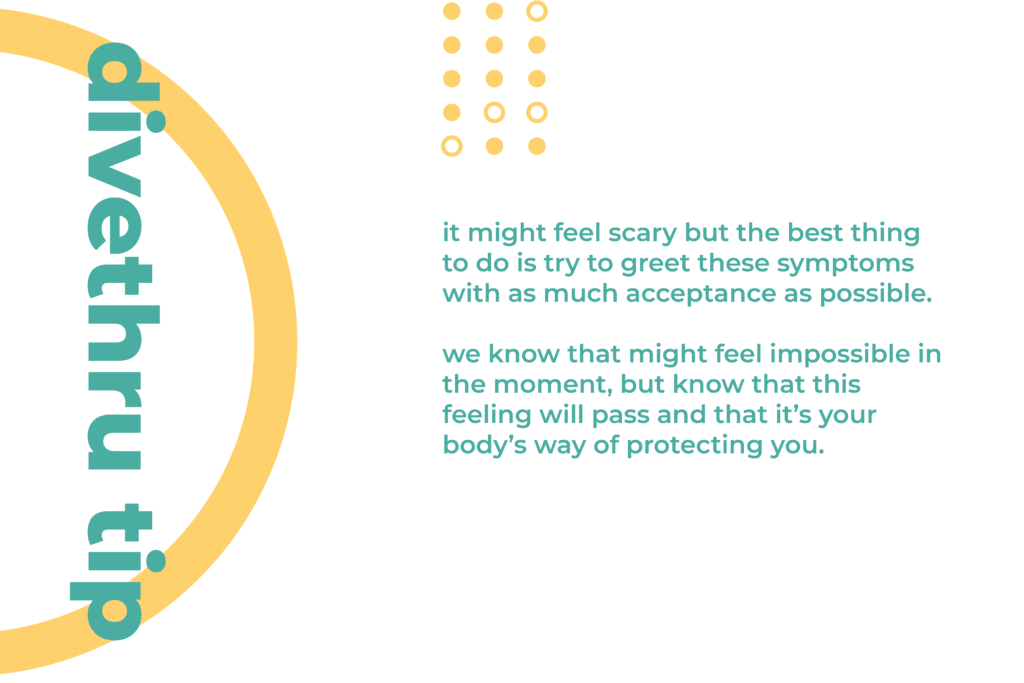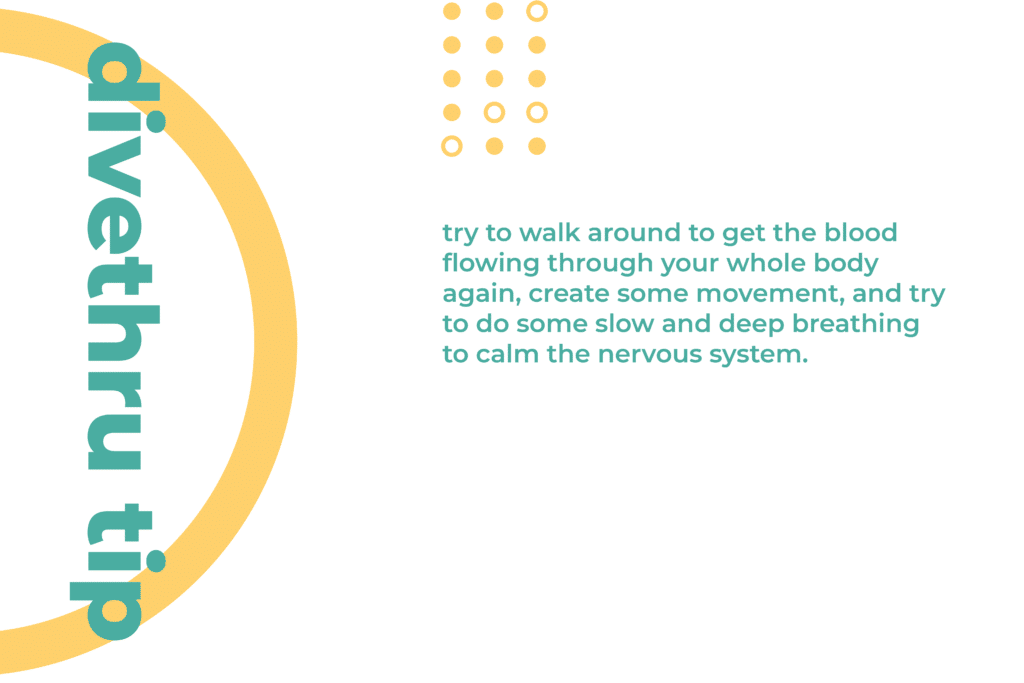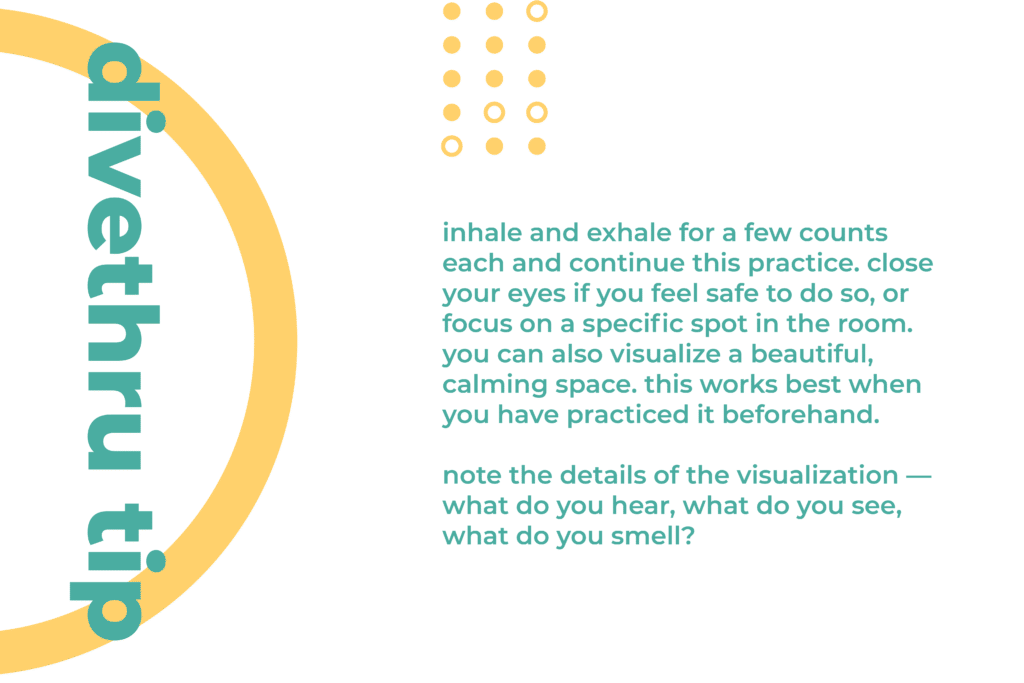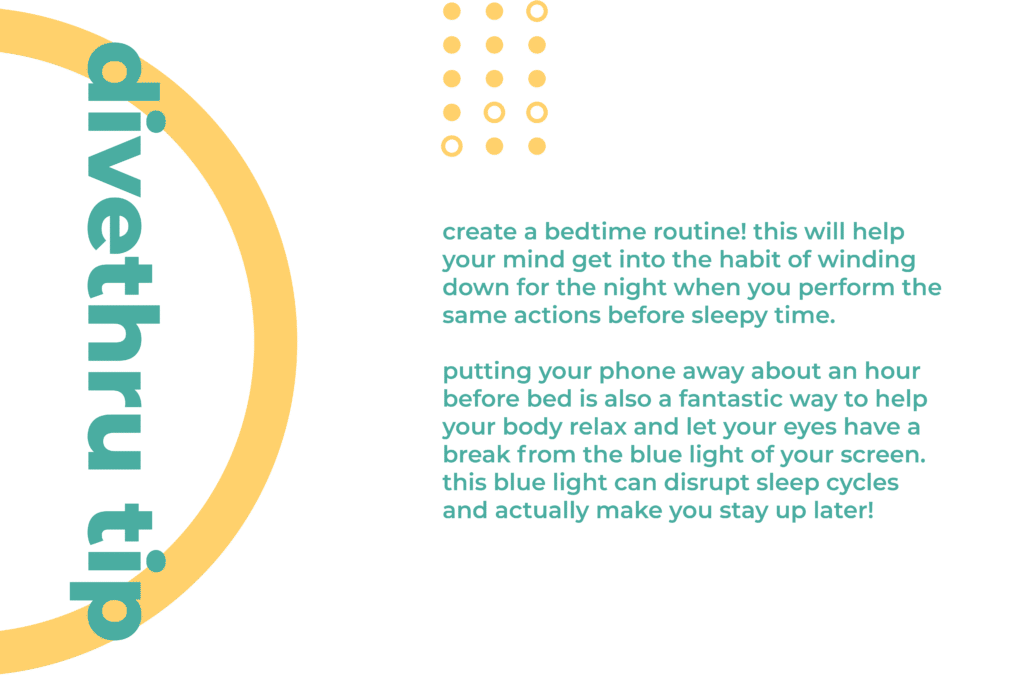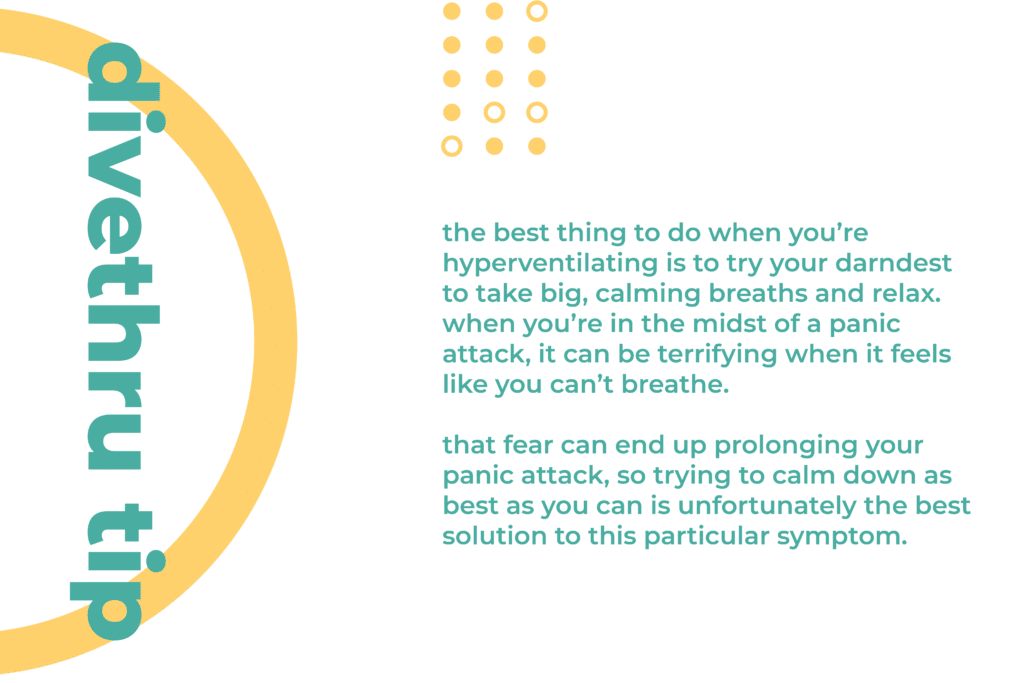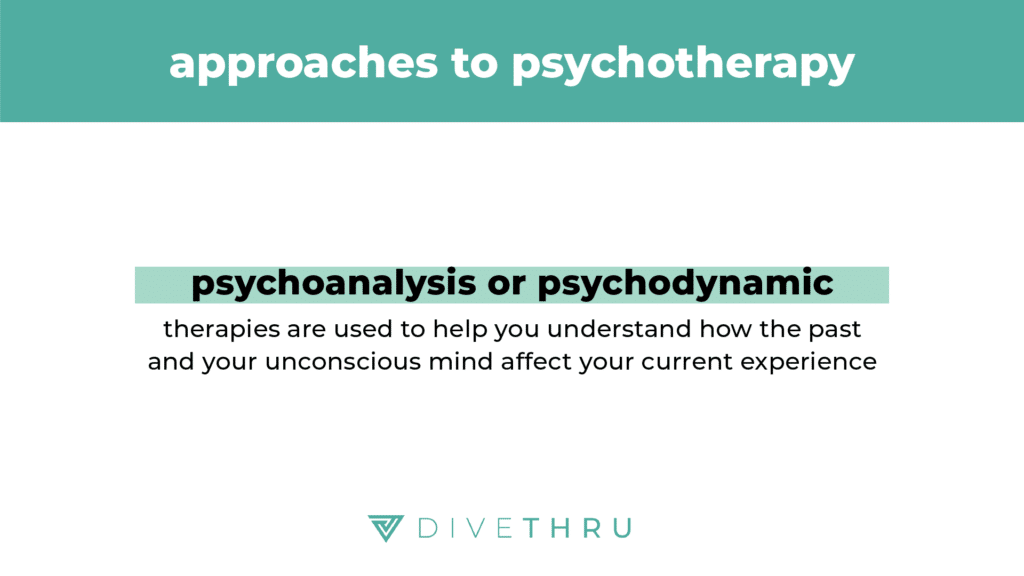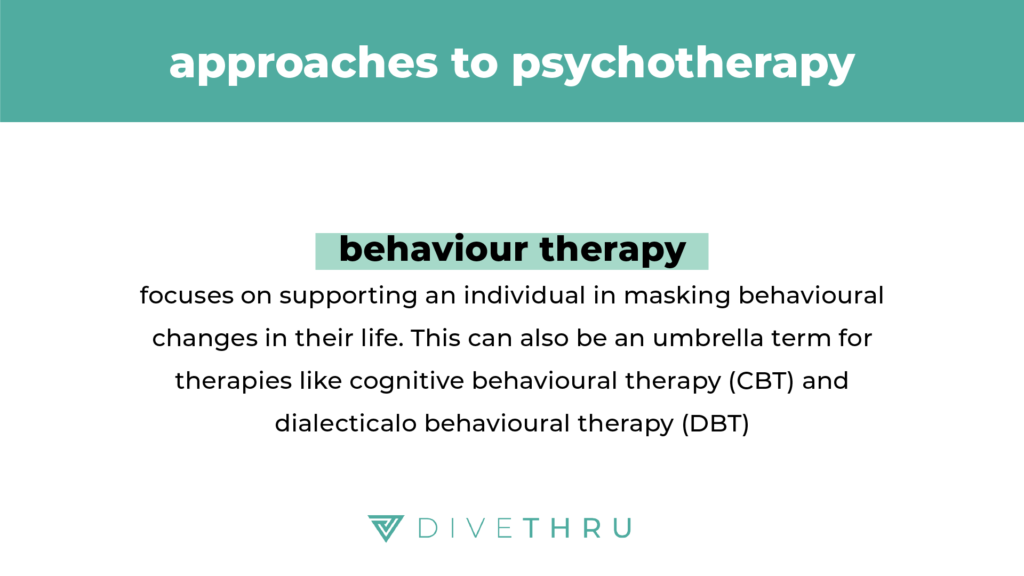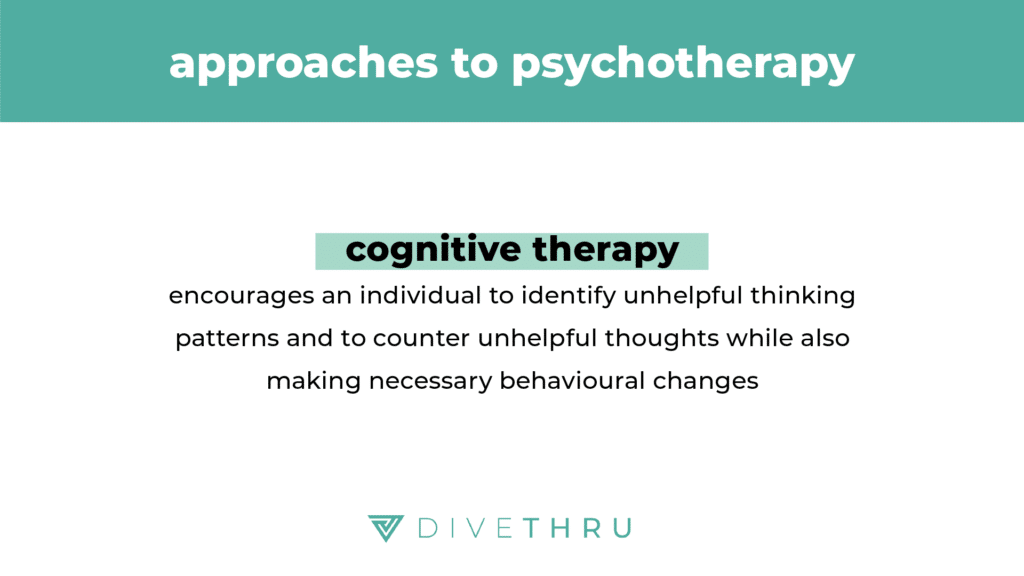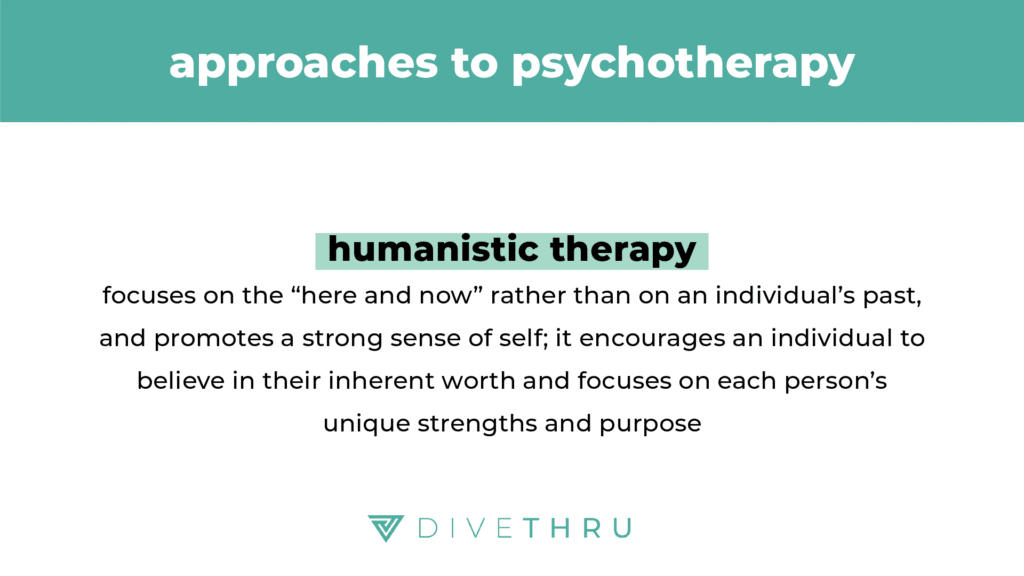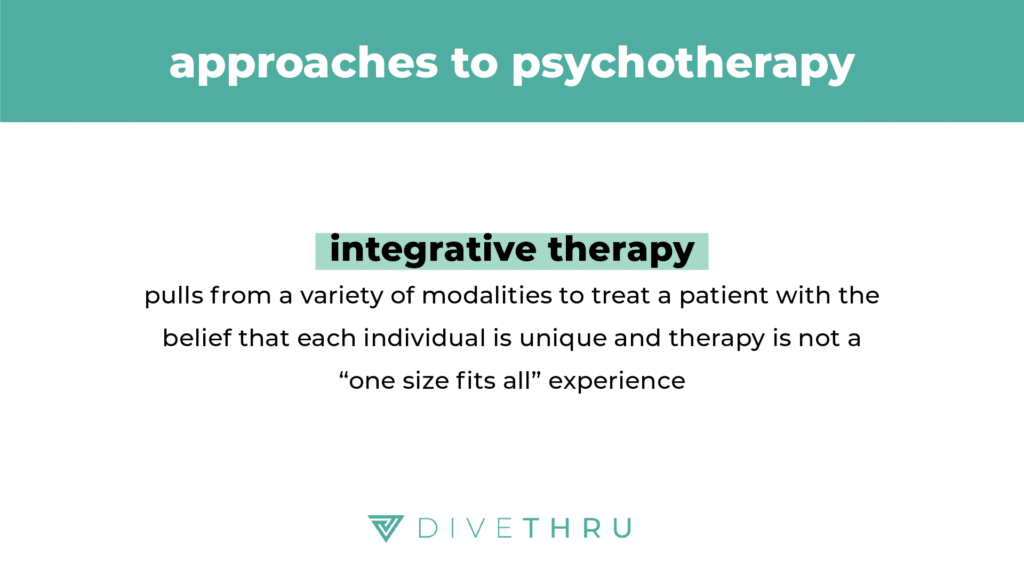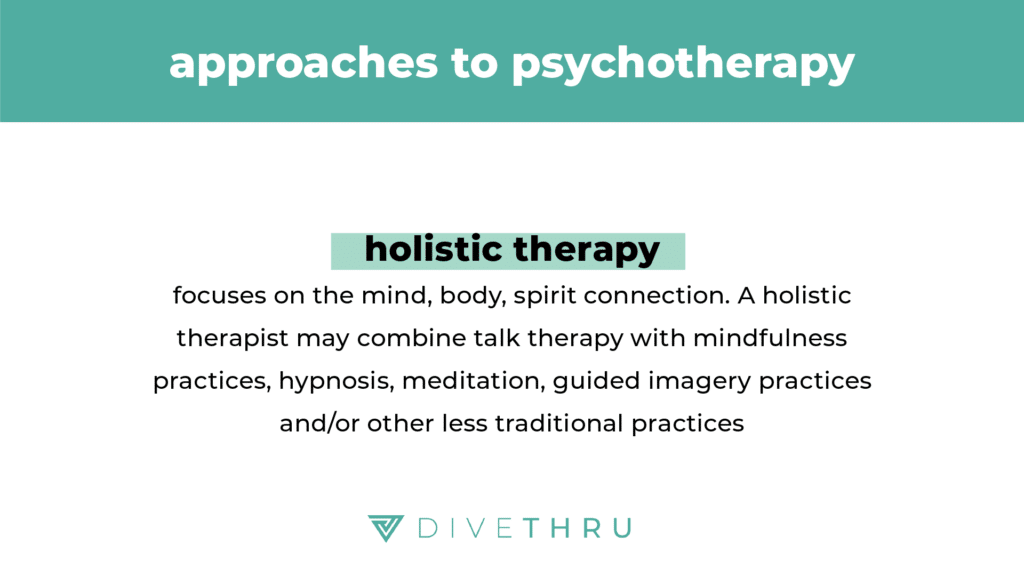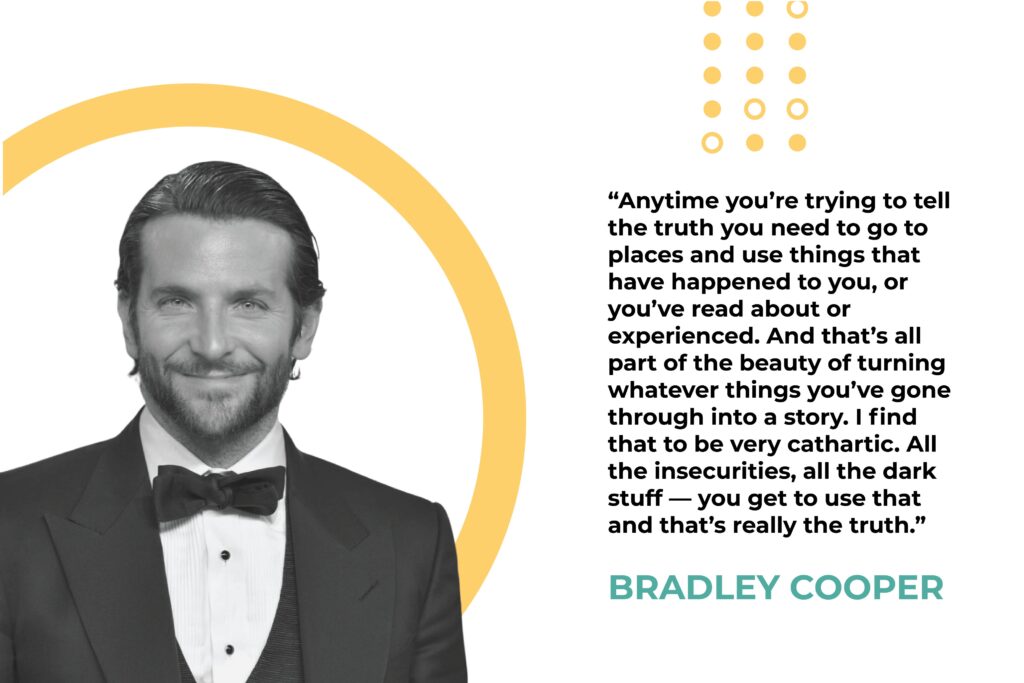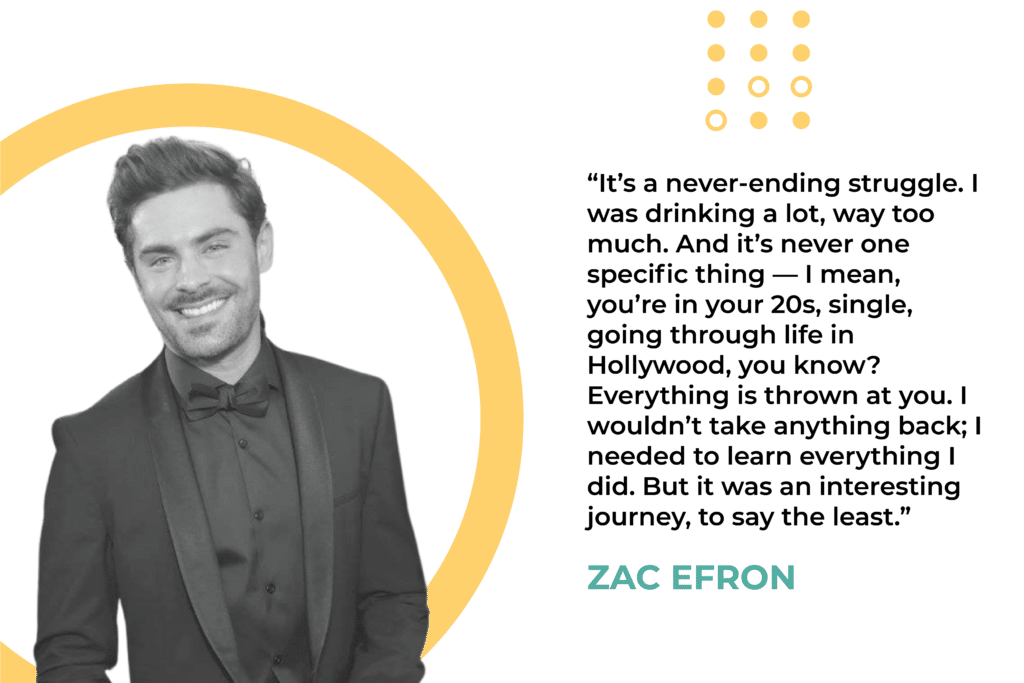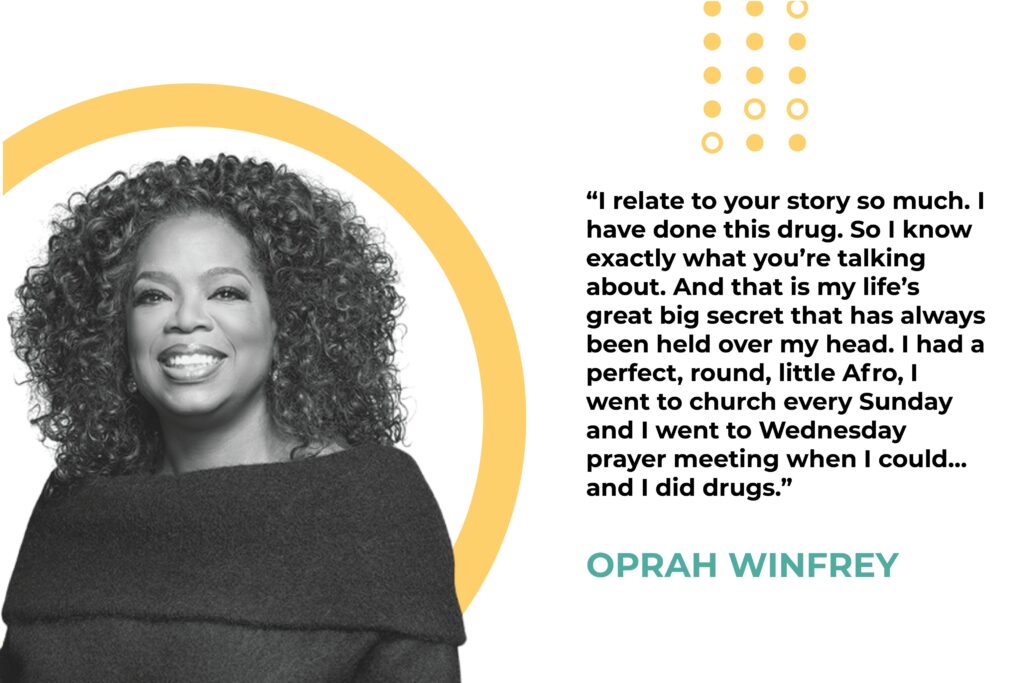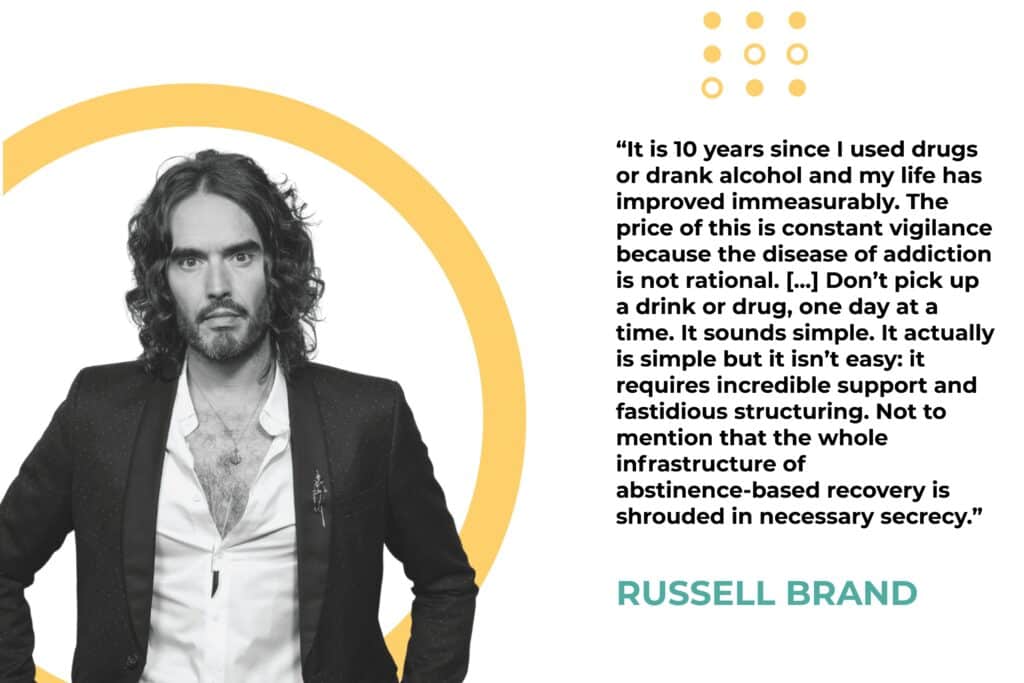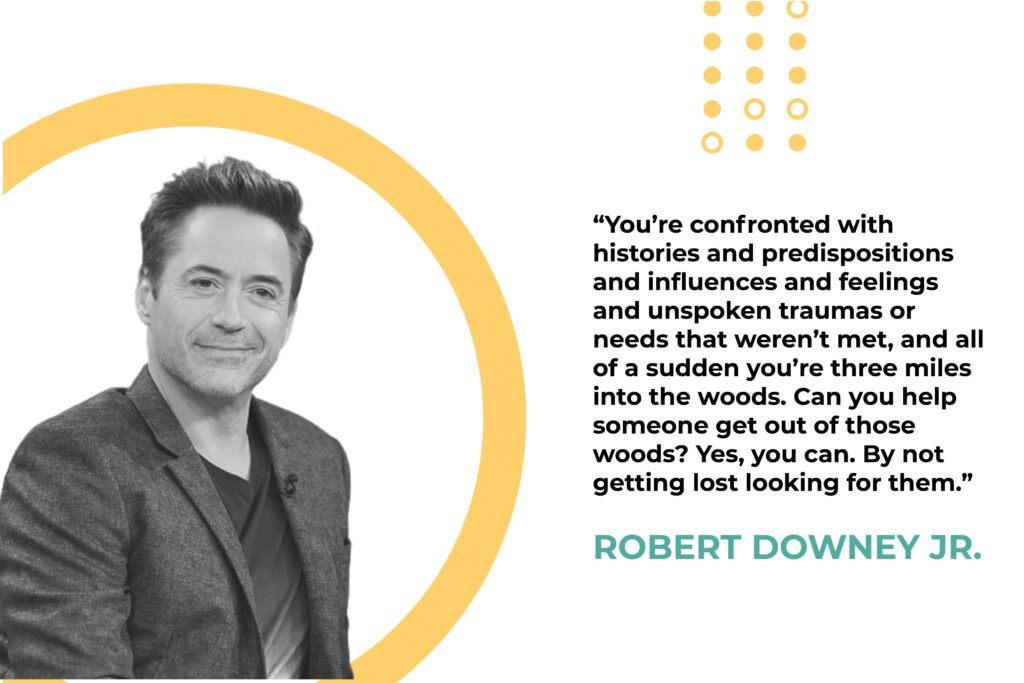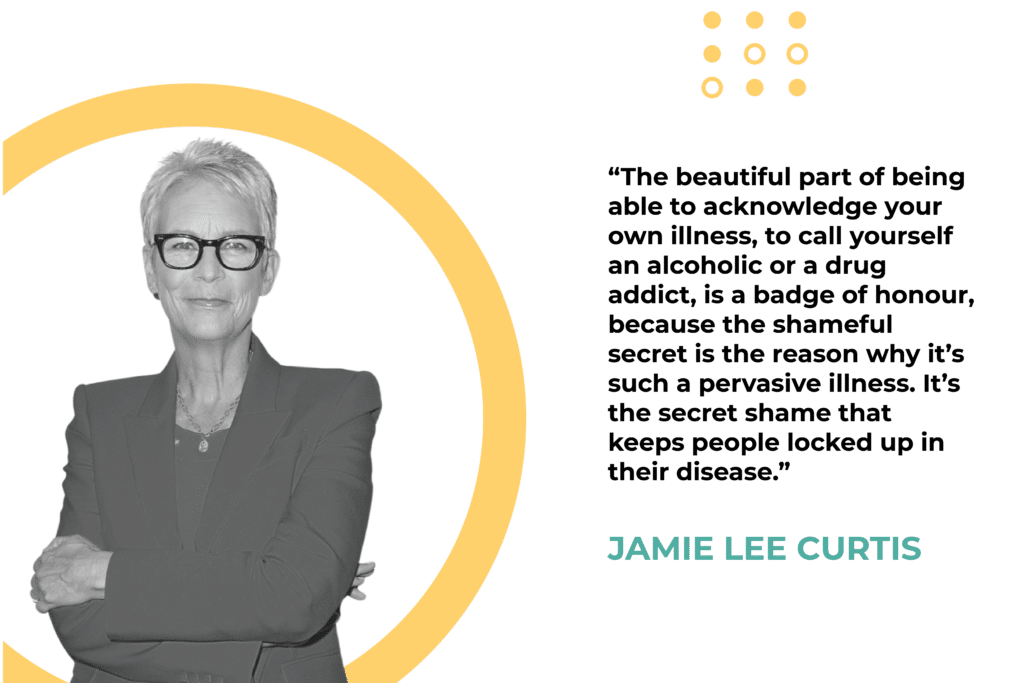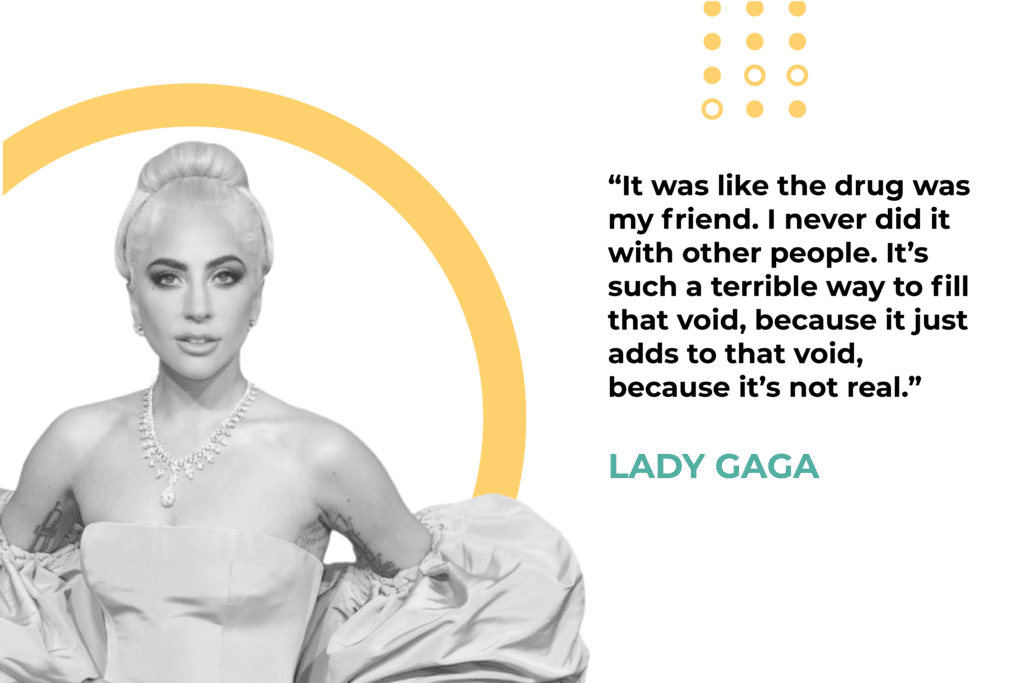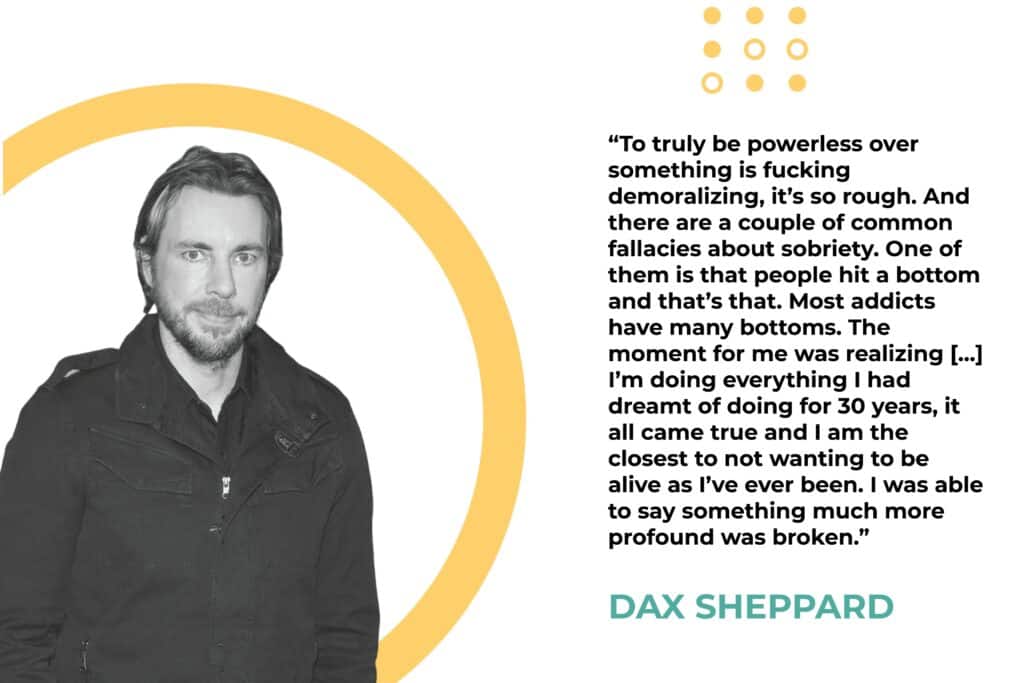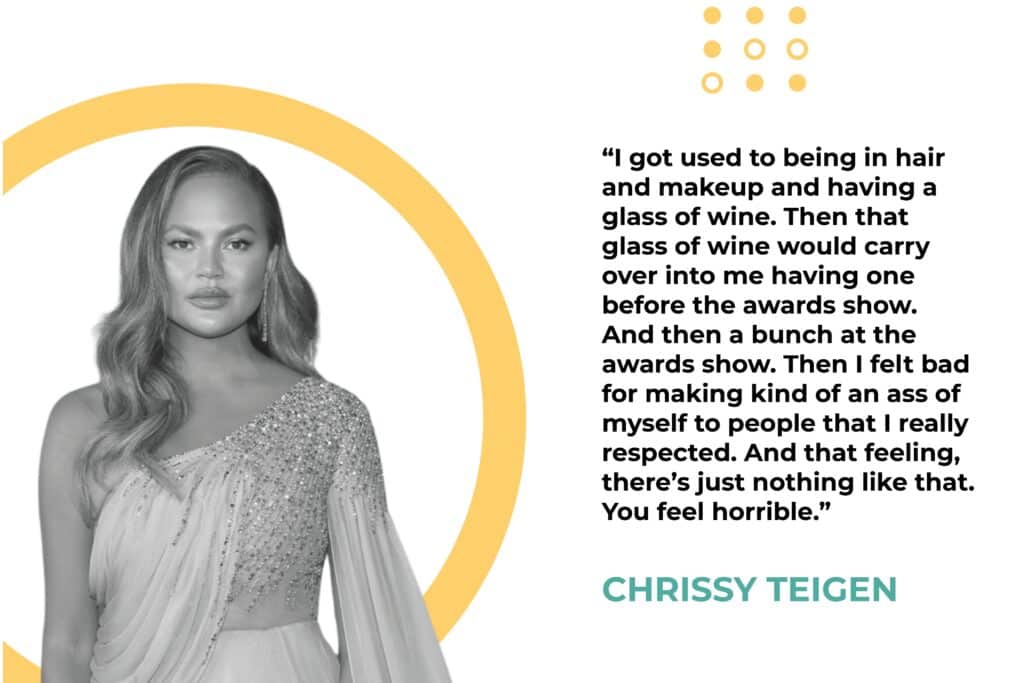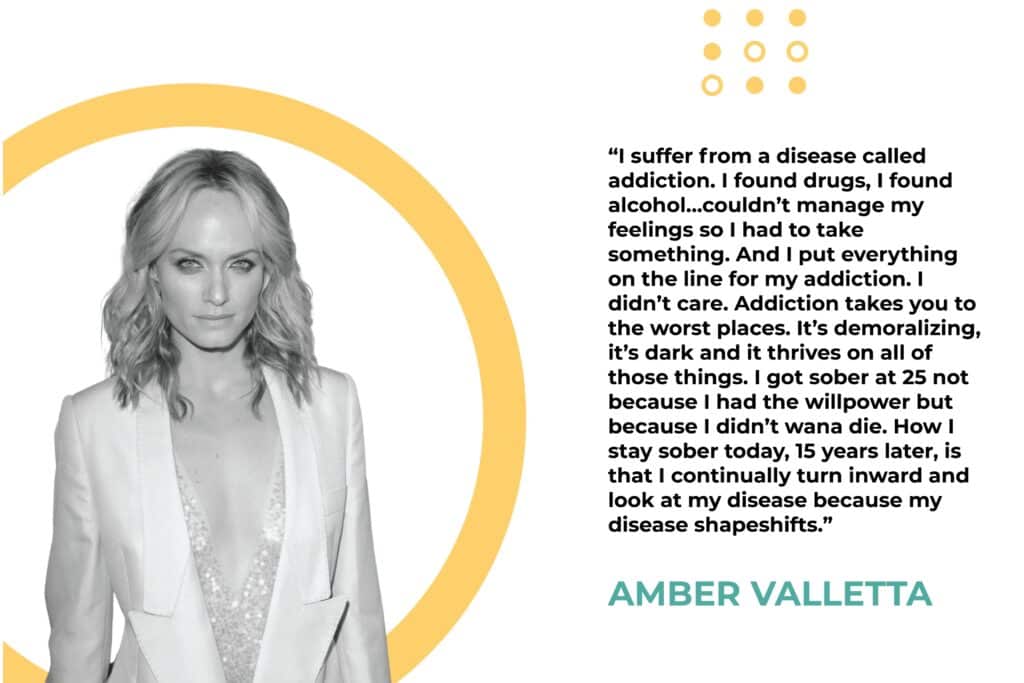When you first start questioning your sexuality, it can either hit you like a ton of bricks or be something that you’ve known your entire life. Either way, hi! Welcome to the club. Some of our team members are part of the LGBTQIA2S+ Community (including the one who wrote this), and they can tell you that it’s an awesome place to be. They are so excited that you made it to this article!
It can feel a bit scary when you’re first coming to terms with your sexuality. Many of us have probably taken the “Am I Gay” quizzes made by 15-year-olds in 2007 at least a dozen times. Or turned to the interweb, plugged in “what is my sexuality” and hoped that would give us answers to alllll the questions we have. Well, we’re here to help you! Hopefully, we’ll help you more than those quizzes did.
If you’re looking up ways to help you discover your sexuality, chances are that you’re part of the Queer Community. And if you’re reading this article, chances are that you haven’t come out yet.
That’s ok! Coming out for the first time can be a really scary and intimidating thing to do. Plus, you might not even be ready to tell anyone about your sexual identity just yet.
It can be difficult to validate your sexuality when you aren’t out to anyone. It’s a quiet conversation with yourself, and it’s hard not to feel like your feelings and attractions aren’t “real.”
But they are! They are totally real! They’re as real as any feeling that you’ve ever had before. But if you’re struggling to feel validated in your sexual identity, this article is dedicated to you.
Be Honest With Yourself
When you’re in the process of accepting your sexuality, it’s totally normal to have a bit of an identity crisis. Many people ask themselves questions like:
Am I doing this just for attention?
Do I really feel this way?
But I’ve never had experience with this gender. Does that mean I’m not really what I feel I am?
All of these thoughts are normal, and some people in the Queer Community who are out still sometimes feel this way. Acknowledge these feelings, accept them, and try to decipher why you might be asking yourself these things. Is it because of internalized phobias? How about the patriarchy? The patriarchy ruins everythingggg!
Check-in with yourself. What is your heart telling you? If YOU know what your sexuality is, that’s all that matters. At the end of the day, no one can tell you if you’re wrong or right because they can’t experience what you’re feeling.
If it helps, journal your feelings! Sometimes we need to reflect inwards and sit with our feelings as we put them on paper. Ask yourself:
Who are you attracted to?
How do you feel when you refer to yourself with this new sexual identity?
How do you feel calling yourself straight?
If you lived on the side of a mountain with no heteronormative influences, how would you identify?
How do you feel when you picture yourself with a person of the same gender or someone beyond the gender binary?
How do you feel when you picture yourself in a relationship with this person?
What kind of qualities can you give your sexuality? Does it have a colour or smell?
What would it feel like to accept your sexuality?
Just remember that it’s ok for sexuality to change. It doesn’t mean that what you felt at one particular moment in your life was wrong, it just means that you’re changing and helping yourself reach your ultimate form (like a Queer Pokémon). Go from one end of the sexuality spectrum to the other if it feels right! No one is telling you that you can’t.
Talk to Others in the Queer Community
It can be a really validating experience to talk to another person who has already walked the path that you’re beginning to travel. They’ve likely had some of the same thoughts and feelings as you and can tell you what helped them at the start of their journey.
Talking to other Queer people can also provide you with a safe space to be honest about your sexuality for the first time.
Maybe think about joining an online group (one that can be anonymous of course), or even talk to friends that are already in the Queer Community. Speaking about your sexual identity to other people who have found theirs can be a really powerful experience. Saying it out loud or typing it out for the first time in a safe space can feel sooo liberating!
Representation Matters
If you’re anything like some of us here at DiveThru, we realized that we weren’t totally straight after we downloaded TikTok. So many beautiful people in the Queer Community started popping up on our For You Page and it helped us realize that maybe, juuuuuust maybe, we weren’t straight after all.
Immerse yourself in the LGBTQIA2S+ Community! Educating yourself about Queer-dom, if you will, gives you the tools to understand your own sexuality better and feel more confident and safe expressing it.
Surround yourself with Queer creators, read books on Queer history, go to Queer events and Queer spaces. Seeing others thrive in a space that you feel you belong to can help you feel even more sure of your identity. Learning about it can give you more confidence to express yourself as part of the group.
Finding strong voices of public figures who have come out can also be really valuable! It can help you feel like you’re not alone and that your experiences are something to be celebrated instead of hidden away.
But if you ever need more validation, the TikTok algorithm won’t let you down!
You Don’t Need Labels
If you’re overwhelmed with trying to discover your new sexual identity, sometimes labels can be a bit scary.
Just remember that you don’t have to label yourself right away, or ever! Just go with the flow. Your sexuality is still valid whether or not you have attached a label to it. You’re not a can of soup that is required by law to list what’s inside of it. You’re a breathing human being who may or may not want to have a label define how they feel.
Explore Your Sexuality
If you’re in a position to explore your sexuality, just frickin’ go for it! Download Bumble, Hinge, Tinder, or Grindr. Download all the apps! Swipe right on whichever people you want and date whoever you want for the first time. Just make sure that you’re transparent with your prospective partner about your intentions and where you are in your life. That way, everyone is on the same page.
But sometimes, experimenting isn’t always possible. For example, you might be a woman in your mid-twenties and in a long-term relationship with a man when you realize you’re actually bisexual. If this is the case, talk to your partner. They might be open to creating an arrangement within your relationship where you can experiment and gain experience with another woman. Or, if you don’t feel comfortable with that, talking to your partner about your sexuality and opening up to them is a great first step.
Also, if you’ve never had any kind of experience with the same gender, remember that your feelings are valid! YOU ARE STILL VALID! Many of us who are just beginning to find their sexuality (including the DiveThru team member, Olivia, who wrote this article) haven’t had any experience with the same sex. Our attractions have been there for ages, but we never had the experiences we needed to back it up. It takes a lot of internal work to accept it once you start questioning your sexuality, then own it, and confidently know your own sexual identity–regardless of who you’ve been with.
Move at Your Own Pace
You might not want to come out just yet for a number of reasons. Some people don’t want to tell their friends and family about their sexuality because they might not be in a position where they feel safe opening up about it.
Or, you might just be nervous as fuck!
Just remember that there is no pressure or expectation for you to come out. We know that it can be hard keeping a part of yourself from the people you love, but if you’re not ready, don’t do it! We’ll still love you and support you all the same.
To be honest, the best kind of advice that we can give is to basically trust your gut and embrace who you are! Have a dance party while you blast “Metamorphosis” by Hillary Duff. You’ll feel a lot more sure and be questioning your sexuality a whole lot less afterwards. We promise!




